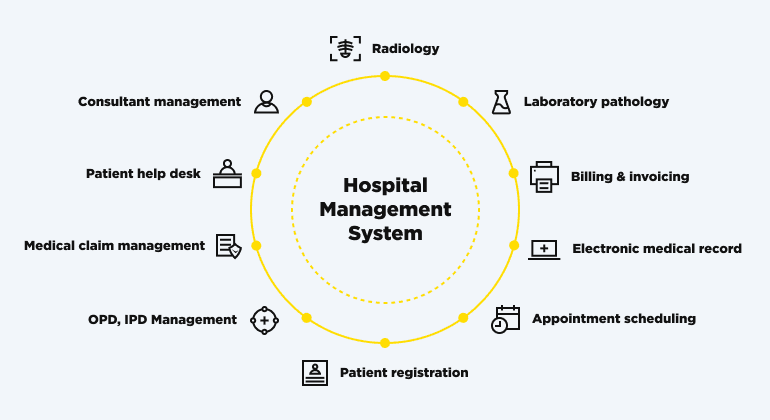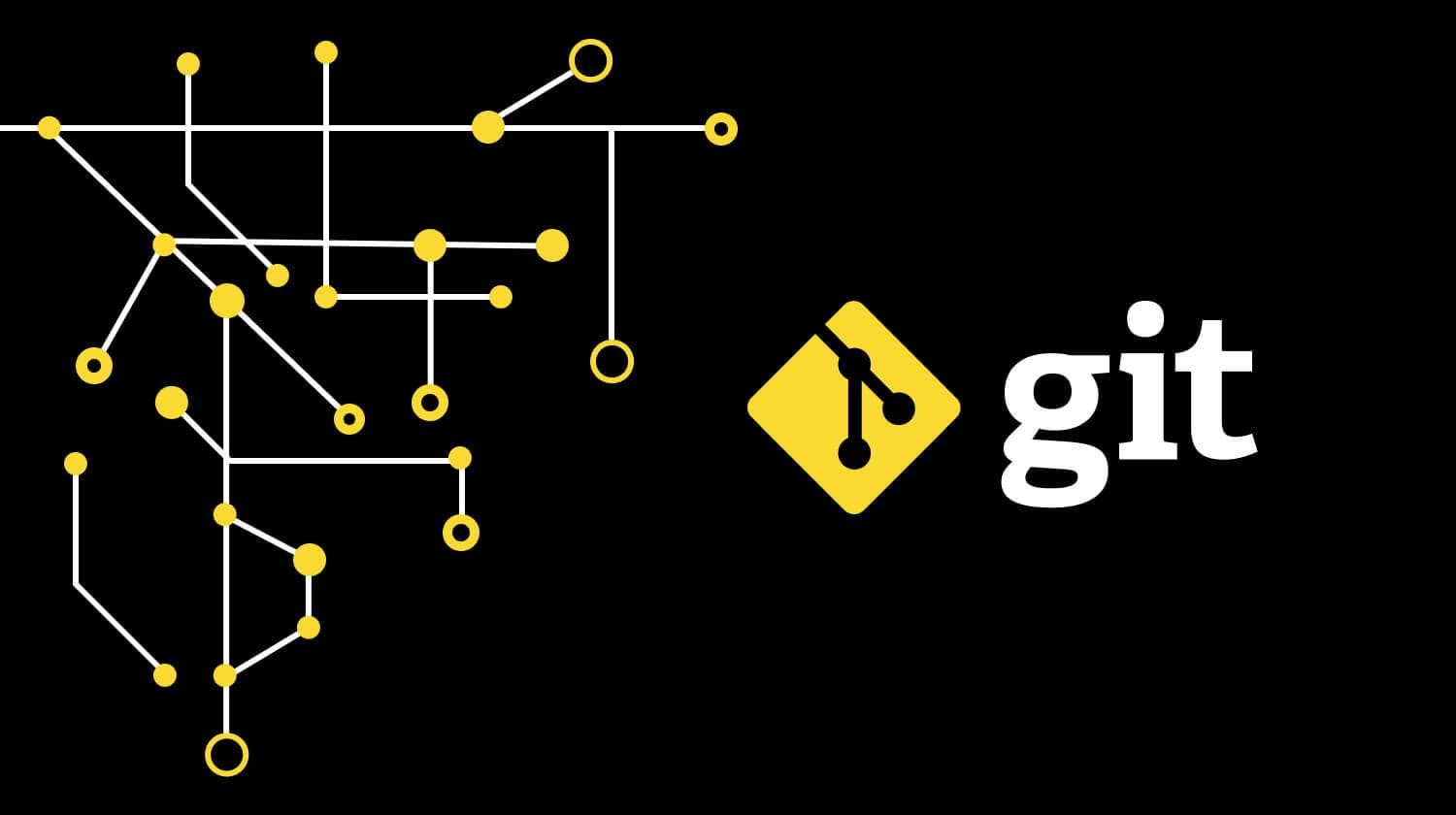What Is MVP in Healthcare?
Digital progress has a significant impact on the healthcare industry, making the workflow of medical establishments much more efficient and providing easier tools for managing personal health. According to the Accenture survey, approximately 75% of patients realize the importance of health-based applications. Therefore, plenty of developers are planning to improve their local healthcare industry. However, many inspiring start-up ideas fail on the market, never making it to top-leading positions.
In general, MVP for healthcare stands as a basic version of digital products, such as medical mobile applications or devices, used to test new ideas, collect user feedback, and improve medical care. It reduces costs, identifies risks, and enhances healthcare solutions effectively. As the healthcare industry is super important and has no room for mistakes, such innovative solutions change the game!
With OTAKOYI Healthcare MVP development services, you will be protected from failure, funding shortage, or negative user feedback. We design our projects to help you reach success in the real world and provide medical professionals with digital solutions, from online scheduling of doctor appointments to optimized health monitoring programs.
Benefits of MVP Development For Healthcare Market
If you’re questioning the importance of the MVP project for healthcare IT solutions, discover the list of advantages it gives business owners to reach their goals and take over the market.
Fast and cost-effective way to enter the market
Full-end development takes around 12 months, and even budget-friendly options still cost a fortune. The MVP solution gives you the advantage of time, taking only between 3 and 6 months to construct. With a minimum viable product healthcare project, you can save up on development costs and minimize your losses in case the product doesn’t strike.
Pitching ideas to investors for funding solutions
One of the MVP healthcare benefits is expanding your project's budgeting options. To gain access to external funding, you can use the MVP model to attract investors interested in bringing your healthcare startup to a new level. Collected feedback from real-life users proves the future success of full-end app development.
Testing your concept with real-life users
To verify that your ideas meet real-life customer demands, we launch the MVP product to aim at the targeted audience. By gathering early-users feedback, we can analyze what critical features are necessary for optimized workflow, quality of UI\UX design, and concept success rate. MVP development allows healthcare app developers to build an application, software, or website according to real-life needs and requirements.
Risk-reducing before the product launch
Our cost-effective MVP solution minimizes the risk of healthcare product development for mobile devices or other platforms (websites or software). By testing the product on early users first, you gain the opportunity to improve the final product before facing the audience, increase the ROI (return on investments), and boost your position in the local market to the top spots.
Efficient Healthcare MVP Development Process
For clients’ convenience and faster results, the development process for MVP is easy to follow and doesn’t take as much of your time as full-end development. However, to build a healthcare MVP, companies should meet the list of regulatory compliances. Discover our four stages of the development process:
Stage 1. Market research and legal compliance
Most IT products for the healthcare industry involve storing, managing, and transferring patients’/users’ personal data, from addresses and insurance numbers to banking account information and SSNs. Therefore, before the start of the work on the application or software, you need to ensure that your digital healthcare solution meets local legal requirements.
Another step in the first stage is to outline the targeted audience and the impact the product will have on doctor-patient relations and work for an organization in healthcare facilities. Settling the goals and expected results helps market research and product design to find a unique business niche.
Stage 2. Concept and workflow design
Our in-house team uses reports from market research to establish the project concept that will be in demand among potential customers. By paying attention to real-life workflow in medical facilities, we design easy-to-navigate projects to optimize work processes and boost the productivity of real-life users, no matter if they operate on desktop or mobile devices. Besides, we focus on:
- Early user portraits
- Designing functionality set
- MVP roadmap
- Delivery and launching plan
Stage 3. Constructing the tech stack and optimizing functionality
After the business part of the MVP development is thought through, we plan out the technical aspect to give you access to skilled tech experts and cutting-edge technology. For top-notch results, we ensure the implementation of valuable features to the MVP product, choose efficient frameworks and programming languages, establish targeted platforms, and include compliance frameworks.
Stage 4. Final development and launching
As a final step of the healthcare MVP development process, we ensure fast and high-quality engineering, QA testing, and delivering market-ready products. We research the early users who will provide feedback on UI/UX design, functionality, and potential changes. After the launch, collected reports help deliver a top-leading final product providing digital medical solutions for healthcare facilities, healthcare management systems, or personal health management.
Challenges in Creating an MVP for Healthcare
Creating an MVP for the healthcare product comes with a unique set of challenges. It is essential to navigate these hurdles effectively and remember that every project is unique and has its own advanced features. However, suppose you manage to overcome them and involve key features. In that case, you are able to develop a product that not only succeeds in the market but also genuinely benefits real users. Here are some of the main challenges faced:
The competitive market
The healthcare industry is hugely evolving and highly competitive, with numerous startups and established companies constantly striving to deliver core functionalities with that or another healthcare software product. Standing out in this field requires more than just a good product idea. You have to define your niche clearly and have a value proposition. A successful MVP for healthcare possesses unique features, understands what your competitors offer, identifies gaps in their services, and positions as a superior alternative.
Prioritization of functions
Healthcare organizations may find it difficult to decide on essential features to include in their MVPs. It is crucial to balance vital functionalities with the resources available for minimum viable product development. In general, involving MVP gives you more time to think over what software features to incorporate from the very beginning and which you can add later. This way, you can address the primary user needs and deliver value.
Data security
MVP for healthcare products always comes with data security as its core feature. As a healthcare provider, you have to handle sensitive patient information, adhere to strict regulations and compliance requirements, and ensure robust security measures. Any healthcare software solution must comply with data protection laws like HIPAA in the U.S. or GDPR in Europe. When you ensure that at an early stage, you can easily build trust with users and avoid legal issues. It is possible to achieve that due to encryption, secure authentication, access controls, and regular security audits.
Health risks for some users
An MVP must be designed with user safety in mind, especially when dealing with health-related products. There are inherent risks associated with healthcare solutions that can affect user health or well-being. It requires thorough testing and risk assessments to make sure that the product does not cause harm. Establishing clear safety protocols, conducting clinical trials if necessary, and providing accurate user instructions are crucial to minimize health risks.
The need for compliance
There is one more challenge when it comes to MVP development for healthcare, and that is compliance. Healthcare applications and other technologies must follow various standards and regulations to be approved for use. Such compliance challenges include medical device regulations, clinical guidelines, and necessary certifications. Therefore, when you add the needed potential product features and navigate these regulatory requirements, you can easily bring your product to life and shorten the time to market.

Ready to launch an MVP for your product?
contact usCost of MVP Development for Healthcare
Healthcare technology development largely depends on the complexity of mobile apps or other MVP solutions chosen. However, we can provide you with average cost ranges depending on your chosen option. There are three options: a simple app, an average-complexity app, and a complex app. The final costs may vary. However, you can always get a quote from your software partner.
#1 A simple app
It has basic features and a standard (usually template-based) user interface. Examples of such apps are appointment schedulers, visit reminders, and health trackers. The cost of developing a simple healthcare app from scratch may be around $25,000.
#2 An average-complexity app
This one is more detailed and elaborate both in functionality and design. The apps with this complexity often include features like patient management, telehealth capabilities, and integration with wearable devices. It may cost about $45,000 to create an average-complexity healthcare app.
#3 A complex app
This solution is fully customized and packed with advanced features and sophisticated UI and UX design. Mostly, they require the use of new technologies, such as AI-driven diagnostics or comprehensive electronic medical records systems. In this case, it is hard to say what the average cost may be. However, investment starts from about $60,000 and can go much higher. Again, it all depends on the specific requirements and customizations.
Build your Healthcare MVP Product with OTAKOYI
At OTAKOYI, we share clients’ worries about upcoming launching and the future of their start-up ideas. Our experienced development team can take the weight off your shoulders. By putting your success as our top priority, we design a project that suits your business model and aims at the right audience to make a test run with real-life potential customers. With Otakoyi’s dedicated project manager and business analyst working on each project, you’ll get updates on every stage of development and research reports to discover the vector you should move with your business plan. Trust us to bring the idea to life and focus on running your company worry-free.





